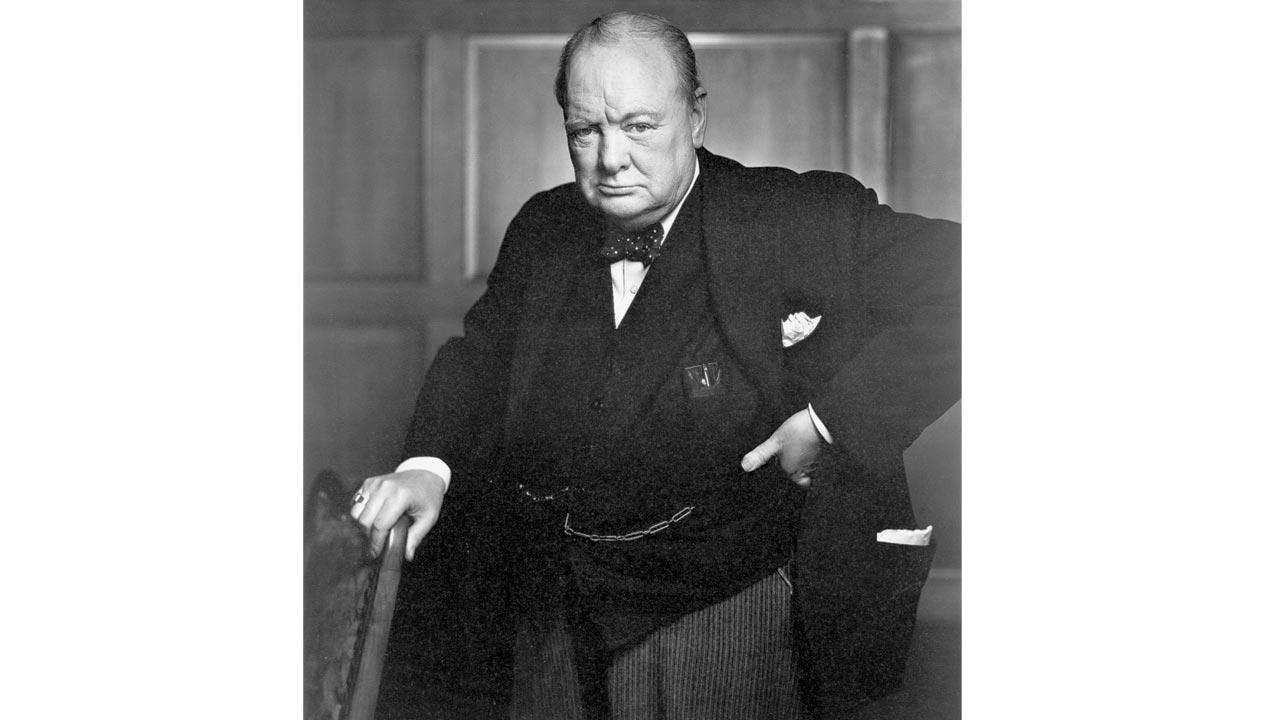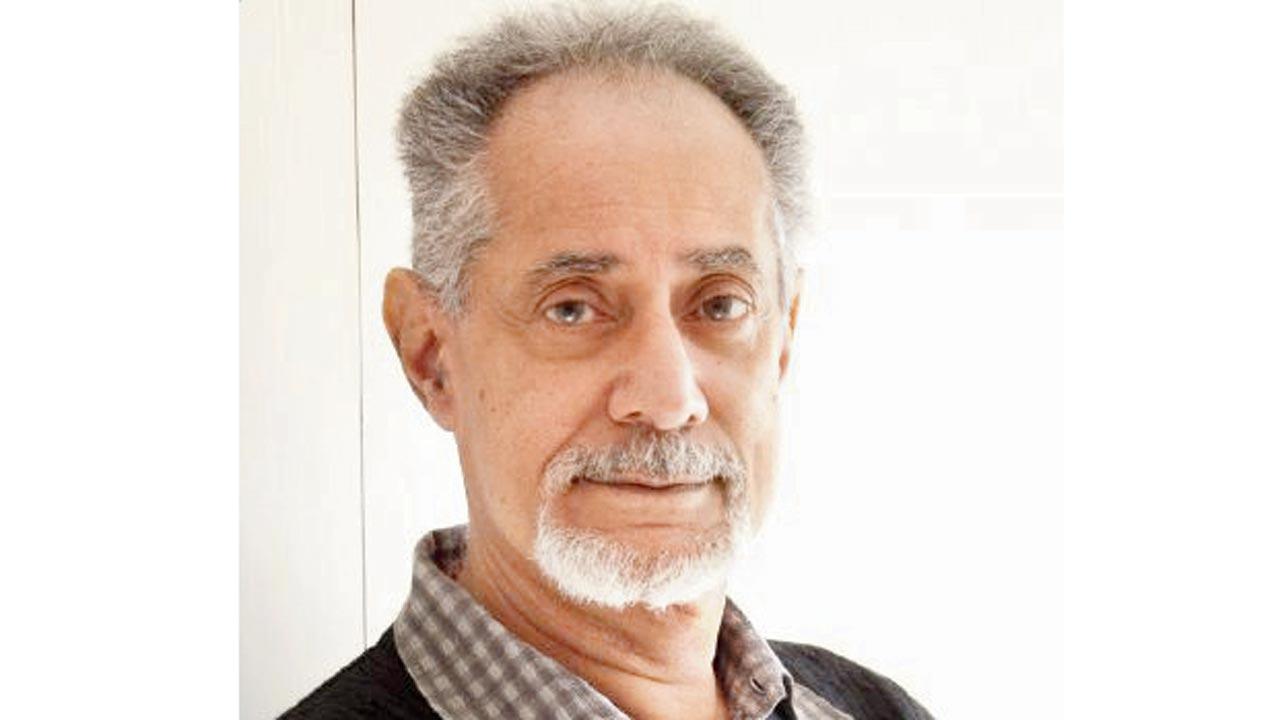A lecture by Dr Zareer Masani aims to bring to light the nature and decisions of a leader whose conflicting personality shaped the world during the final years of British colonialism

Sir Winston Churchill. Pic Courtesy/Wikimedia Commons
It was apt for US President John F Kennedy to have said of Sir Winston Churchill that he mobilised the English language and sent it into battle. Yet, the post-War years have not been kind to him. His virulent racism, imperialistic world view and irascible behaviour — once admired, now detested — make him a conflicted figure. This evening at the Cymroza Art Gallery, Dr Zareer Masani will seek to explain the nuances of Churchill’s history on the whole, rather than through Imperialist or de-colonised views.
“I seek to show Churchill as a product of his times. He had his flaws, and believed the British Empire to be superior, to both European powers and those in the Indian Subcontinent. He had racial views of the Hindu religion, and detested its caste prejudices,” says Masani, historian and biographer of Indira Gandhi and Lord Macaulay.
 Dr Zareer Masani
Dr Zareer Masani
Churchill’s position during India’s struggle for Independence was to keep hold of India as a whole unit by hook or by crook, the former current affairs producer for BBC adds. “He believed that majoritarian rule in India by the Indian National Congress would lead to secession by Muslims or oppression of the Dalits and Muslims as is in India today. He was prophetic in some ways,” Masani notes.
One of the key moments that many historians hold the former British Prime Minister responsible for is for the Bengal Famine from 1942 to 1945 that led to the deaths of three million people. Surprisingly, Masani disagrees. “Churchill was, if anything, responsible for its end. When famine broke out, Bengal was governed by Fazlul Haq. There were some delayed decisions that led to bad conditions. As soon as Churchill discovered it, he appointed Lord Wavell, who in turn appointed my grandfather, JP Srivastava (on his executive council in West Bengal). If you look at the war cabinet minutes, as I have, he marks out the famine as the main responsibility. “This is my priority,” Churchill says. Close to a million tonnes of food grains were imported between 1943 to 1944 to end the famine,” Masani shares.
To remind us of the broad nature of history, Masani says, “India was not on the prime agenda for him. He wanted to keep it, but he was busy fighting a World War at the time.” History, as they say, is never black or white.
On Today; 5.30 pm
At Cymroza Art Gallery, first floor, Bhulabhai Desai Road, Breach Candy.
Email museumsocietyofbombay63@gmail.com
Free
Cool facts about ‘Winnie’
. Churchill’s mother, Lady Randolph was an American born in Brooklyn. This made Winston Churchill half-American.
. He remains the only head of state to be honoured with the Nobel Prize for Literature. Every other head of state has been honoured with the Peace Prize.
. While Mahatma Gandhi was serving with the Medical Corps in South Africa during the Second Boer War in 1899, a 25-year-old Churchill was also present in the region as a war correspondent during the same time. It was his capture and escape from the Boers that cemented his popularity as a war hero.
 Subscribe today by clicking the link and stay updated with the latest news!" Click here!
Subscribe today by clicking the link and stay updated with the latest news!" Click here!








